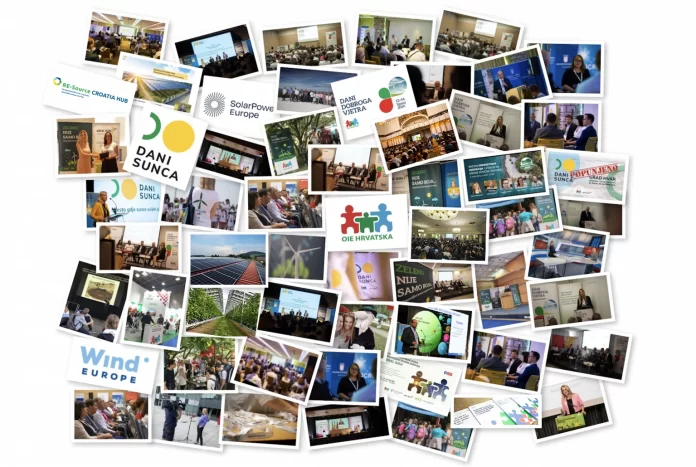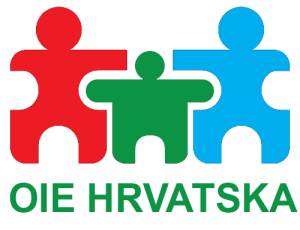RESC celebrates seven successful years of work and development tomorrow. The association was founded on the same day that the Paris Agreement came into effect, a global milestone in the fight against climate change. Over the past seven years, RESC has become a central place of quality and knowledge, bringing together energy companies with a total of 80% of installed capacity for the production of electricity from renewable sources in Croatia, as well as the rest of the RES industry: manufacturers of electrical equipment, service and support activities, developers, and consultants. Through the operation of working groups, members work together on analyses of obstacles in the development of RES projects and proposals for their resolution. Distribution and transmission of electricity, environmental and nature protection, ZoTEE, electromobility, biogas, and property-law relations are the areas that the corresponding working groups systematically contemplate and about which RESC institutionally communicates towards the competent ministries, participates in public discussions, and proposes and argues for more efficient solutions.
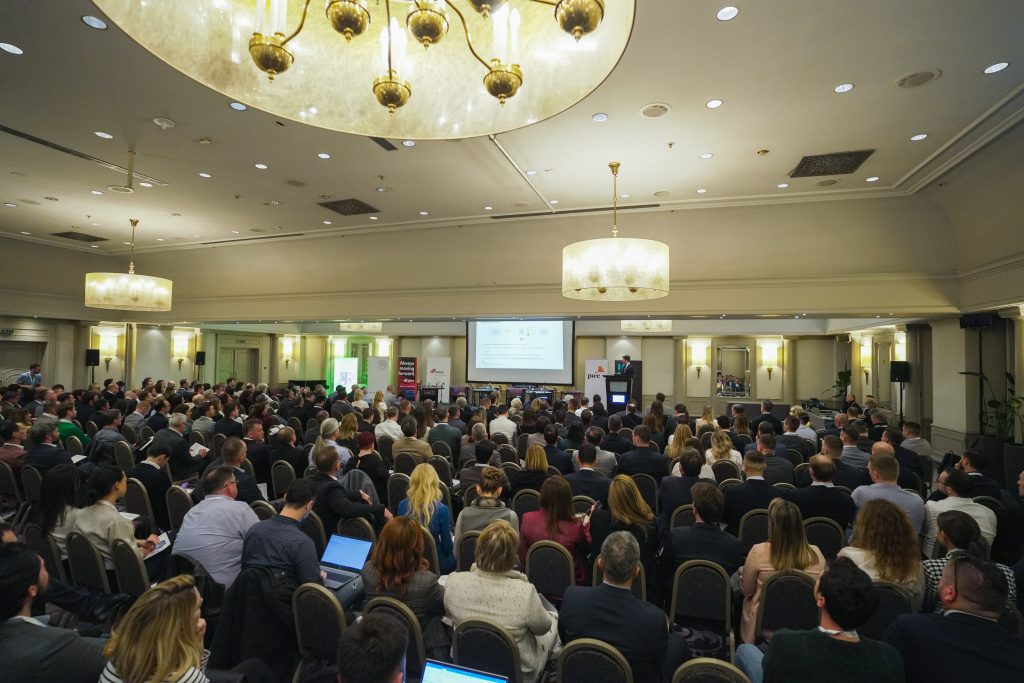
RESC is this year also the RE-Source Croatia HUB
This year, RESC has achieved high goals and made great successes in numerous fields. At the beginning of the year, RESC became part of the European RE-Source Platform, the leading European organization dedicated to the development of PPA contracts. As the national RE-Source Croatia HUB, RESC is a place for learning and transferring knowledge about the development of PPA contracts through which the purchase of green energy is negotiated directly from producers. The first RE-Source Croatia conference was organized in March this year in Zagreb. It gathered around 350 participants from Croatia, the region, and Europe, and positioned Croatia on the map of EU countries with a developed PPA market.
Renewable Energy Sources Offshore in Croatia
Just a month later, RESC in Zagreb presented the “Action Plan for Renewable Energy Sources Offshore in Croatia”, a long-awaited study that showed significant potential for the development of floating solar and offshore wind farms in Croatia. Nearly 25 GW of new RES projects can be built just offshore in Croatia, and the potential for opening new jobs in this sector is huge. As a continuation of many years of successful cooperation, this is the third RESC study financed by the EBRD.
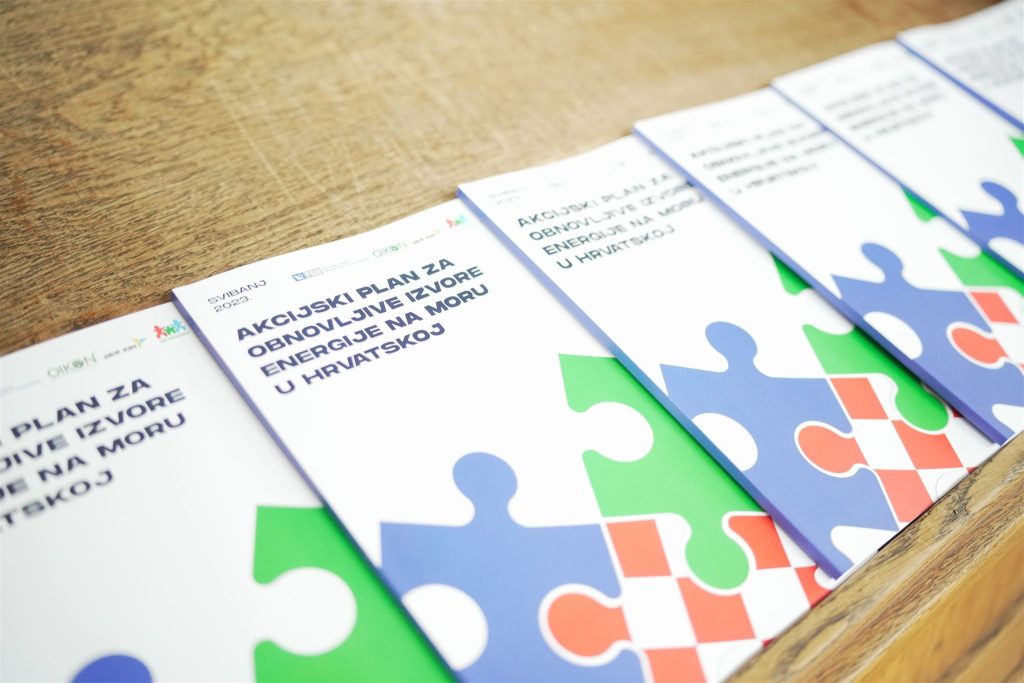
SUN DAYS 2023 Conference
At the end of May, RESC organized its most successful conference to date SUN DAYS 2023 in Bol on the island of Brač. The two-day conference organized by Renewable Energy Sources Croatia gathered 400 participants, more than 60 speakers and panelists. Sponsors of the conference dedicated to the development of solar energy projects included the European Commission, the Government of the Republic of Croatia, SolarPower Europe, the Ministry of Regional Development and EU Funds, the Ministry of Physical Planning, Construction and State Assets, the Ministry of Agriculture, the European Bank for Reconstruction and Development, and the European Investment Bank.
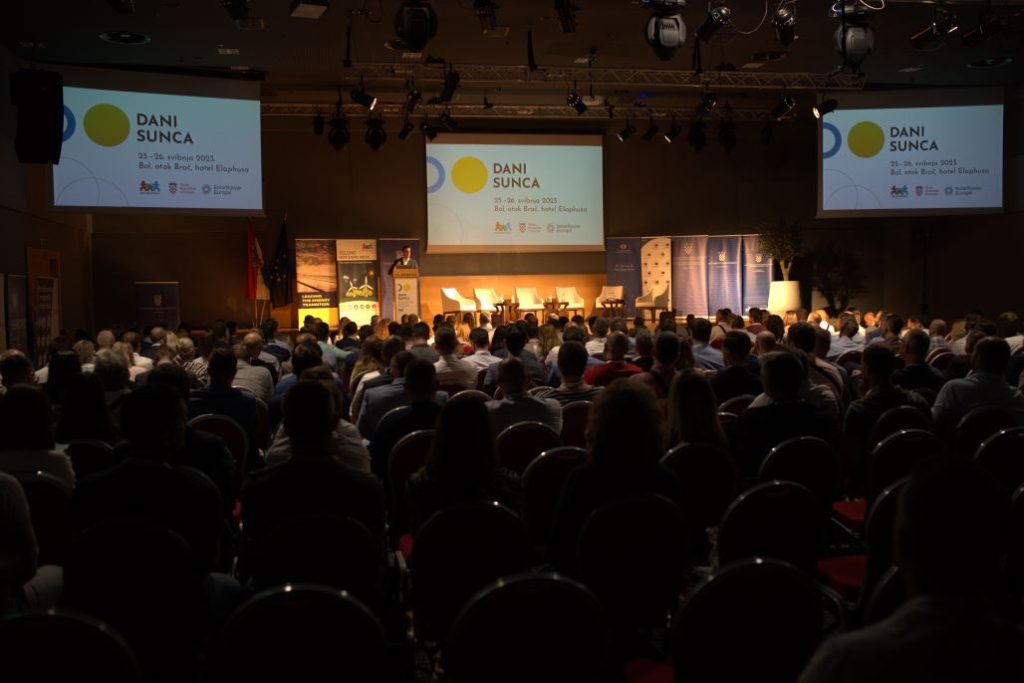
Study on Agrosolar and Aquasolar Power Plants
This year, Croatia adopted legal solutions that allow the installation of agrosolar and solar power plants on all agricultural surfaces that are registered in the record of agricultural land use. The first impulse for the development of agrosolar power plants pioneeringly started from RESC a few years ago, and with their implementation, Croatia has aligned with the best and became one of 10 EU countries that have decided to apply this technology. At the beginning of September in Zagreb, RESC presented another publication, an extensive expert Study on the Potential Use of Solar Energy in the Agricultural Sector and the Freshwater Aquaculture Sector. The study showed that by installing agrosolar power plants on just 5% of agricultural surfaces, Croatia could develop 4.7 GW of solar installations, which greatly exceeds our solar targets. If floating solar power plants are applied in freshwater aquaculture, it could result in an annual production of about 16,000 tons of fish, which is four times more compared to the production of the last decades in Croatia.
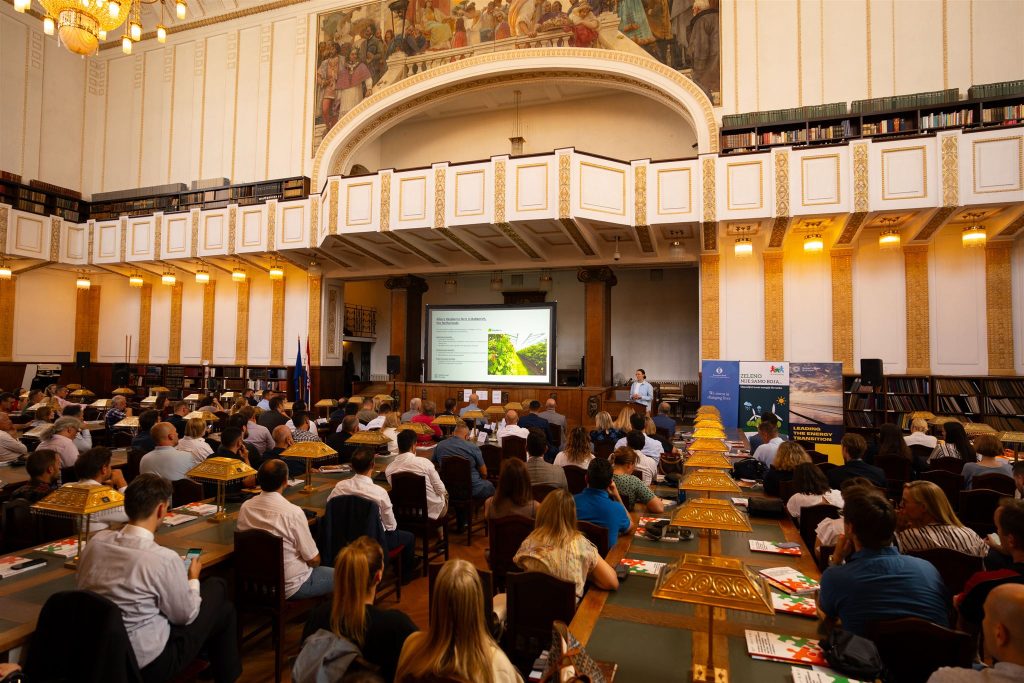
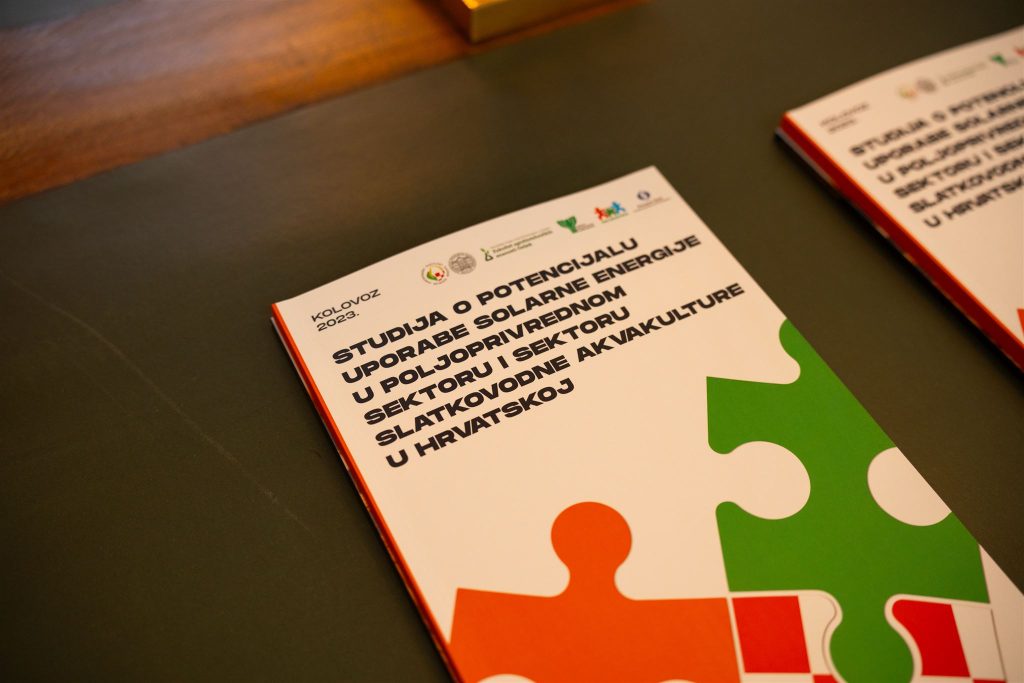
This is the fourth RESC study financed by the European Bank for Reconstruction and Development (EBRD). Contributors to the creation included the Faculty of Agriculture of the University of Zagreb, the Faculty of Agrobiotechnical Sciences in Osijek, and the Institute for Adriatic Crops and Karst Reclamation from Split. The study has been a great success, and inquiries from farmers and investors for the development of this technology continue to arrive at RESC daily. Recognizing common interests and benefits in informing, educating, and coordinating the renewable energy and agriculture sectors, RESC and the Croatian Chamber of Agriculture signed a cooperation agreement this year.
The pOIEdnostavi Working Group
Renewable energy projects in their development encounter barriers and administrative bottlenecks that slow them down. According to a comparative analysis with other European countries, Croatia ranks high at third place in terms of complexity and slowness of administrative procedures in the development of renewable energy projects. Addressing this challenge is key for Croatia’s energy development and for meeting the set national energy goals. Therefore, RESC decided to create a “pOIEdnostavi” – an overview of bottlenecks and recommendations for simplifying and shortening administrative processes, and from this year, a special RESC working group deals solely with this issue. The European goal is to further simplify and shorten administrative procedures at the EU level, and Croatia needs to move in that direction, so RESC will offer its solutions.
New Technologies, New Models, and New RESC Working Groups
RESC works on developing new business models in energy with great potential for implementing innovations, introducing systems for electricity production at the point of consumption, developing small solar power plants on family homes, tourist facilities, family farms, production plants. Driven by the needs of farmers who want to protect their yields from adverse climatic effects, RESC has encouraged the development and application of agrosolar, a technology that, by being installed on agricultural land, enables energy creation without disrupting agricultural production but rather allowing for an increase in yields. However, due to numerous inquiries from investors and farmers, it was decided to devote more time to this topic, and the working group “Agrosolari” was also established.
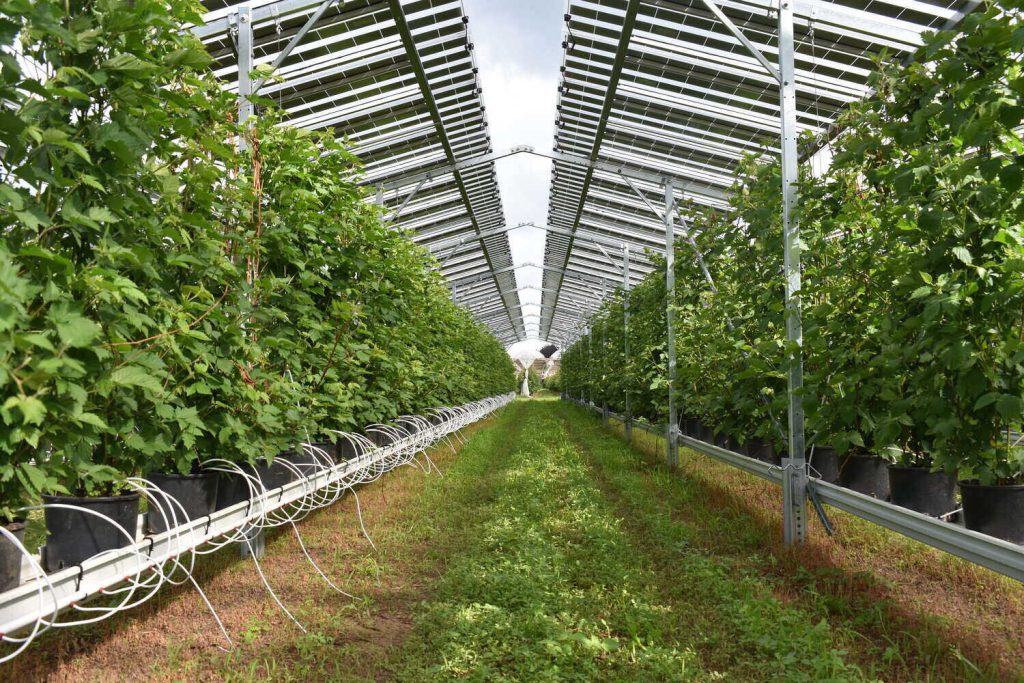
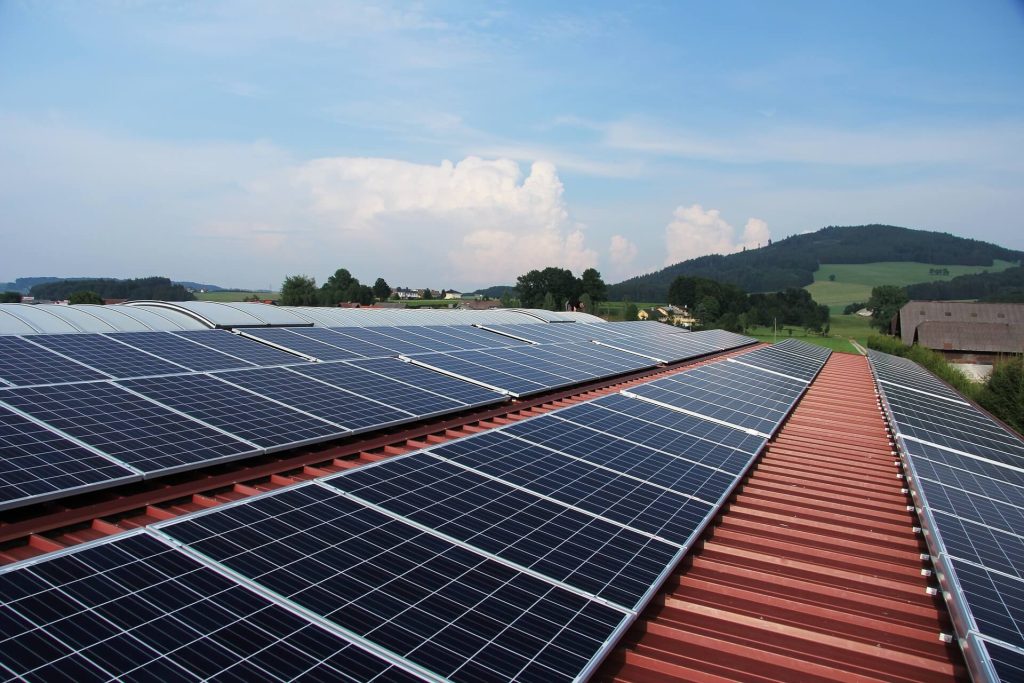
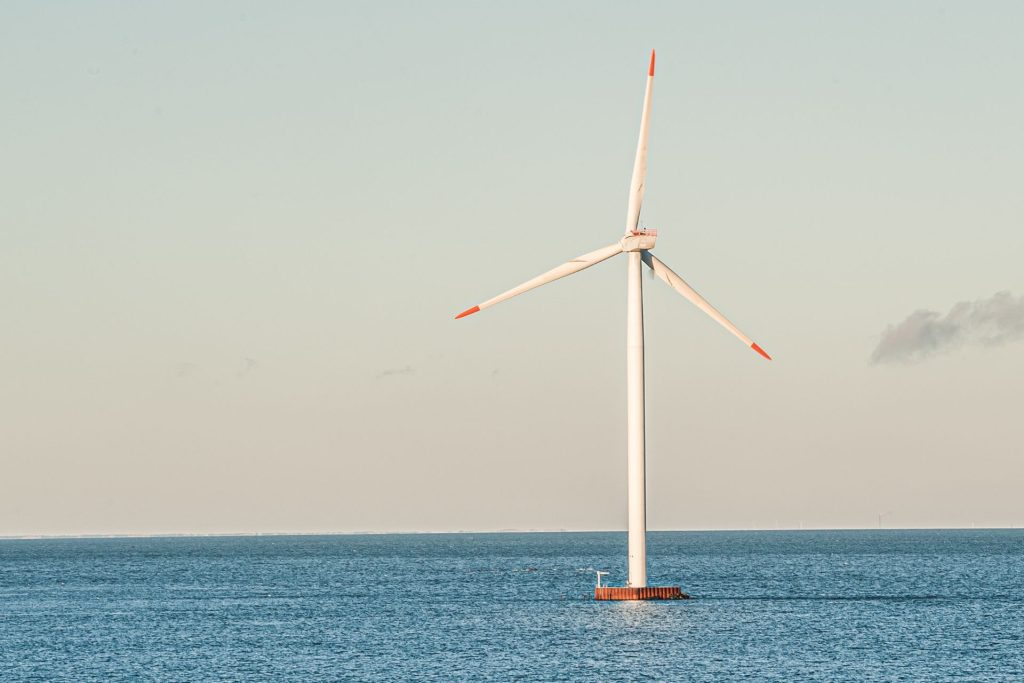
From this year, RESC has several new working groups: HYDROGEN, BIOMASS, PRODUCTION AT THE POINT OF CONSUMPTION, and ENERGY STORAGE.
In all new working groups, numerous new problems and difficulties in the development of these technologies have been identified, to which RESC has promptly reacted by sending numerous letters to the competent institutions this year. Among them, the RESC’s reaction to the difficult situation in the biogas sector in Croatia stands out. Biogas plants have been brought to the brink of survival this year, and many have declared bankruptcy or reduced production. RESC is also working on the legal valorization of digestate, which the agronomic profession has already confirmed as a valuable organic fertilizer. This byproduct of biogas plants whose multifunctional use is still insufficiently recognized in Croatia and its clear appreciation is one of the goals of RESC’s activities.
Recently, RESC strongly reacted to the new network rules of HOPS which could stop all investments in the renewable energy sector in Croatia.

Croatia has enormous natural potential for renewable energy sources and could realize 6000 MW of RES projects by 2030, ensuring self-sufficiency by producing electricity for its own needs. On the way to achieving this goal, cooperation of all in solving existing obstacles, coordination of ministries and public bodies, acceleration of the adoption of bylaws, and simplification of administrative procedures are important.
RESC continues to contribute to the achievement of this goal through expert knowledge, the activity of its members, and institutional cooperation with all ministries and key stakeholders for a stronger development of renewable energy in the Republic of Croatia.


